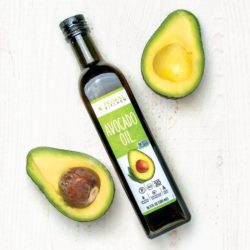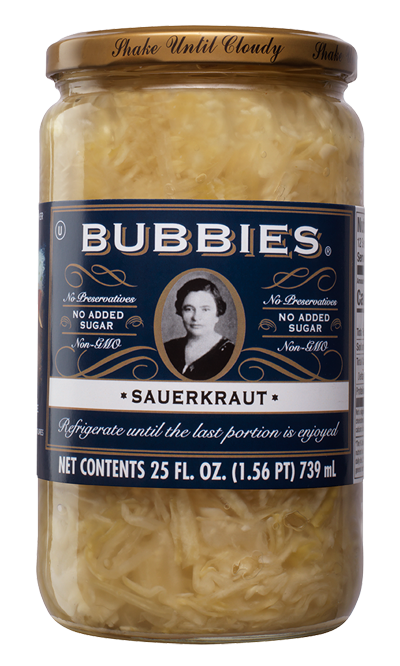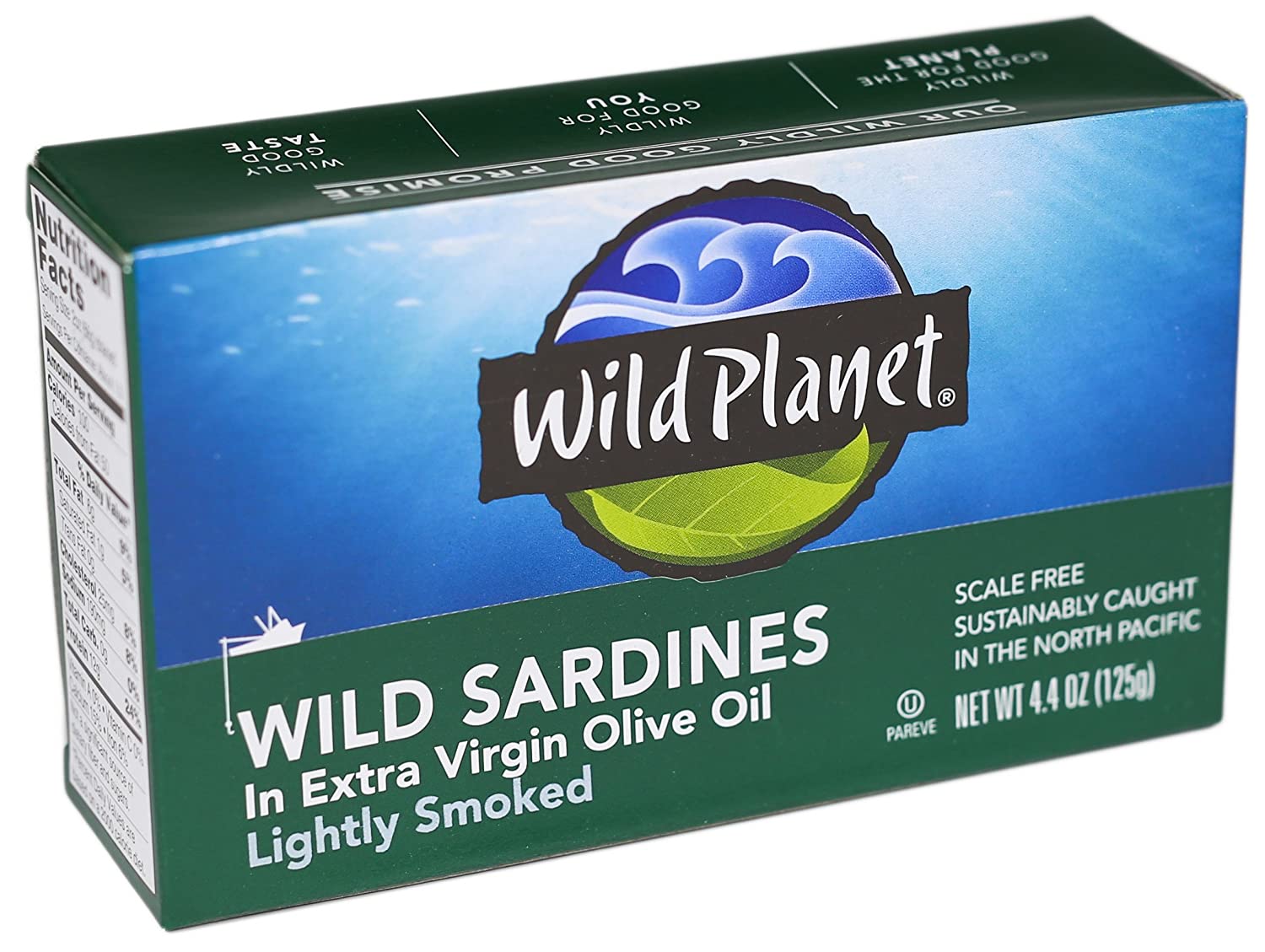 Fat—it’s ubiquitous in the modern diet and essential for robust good health. Unfortunately, most of us consume too many of the wrong kinds of fat and not enough of the good kinds.
Fat—it’s ubiquitous in the modern diet and essential for robust good health. Unfortunately, most of us consume too many of the wrong kinds of fat and not enough of the good kinds.
You’ve probably read about this before, but now—in the middle of the Covid-19 pandemic—this admonition takes on a new urgency. Here’s why: recent studies strongly suggest that higher serum levels of fat-soluble vitamins, which are always delivered with the fats that are in the foods they are found in—have a strong correlation with significantly reduced COVID-19 mortality. Adequate consumption of these fat-soluble vitamins, particularly vitamins D3 and K2, therefore, can be an important and sensible addition to your other COVID-19 safety strategies such as mask wearing, physical distancing and hand washing.
For more detailed information about the benefits of these vitamins please click the link below to the article “Vitamin D3 and K2 and their potential contribution to reducing the COVID-19 mortality rate” published in the International Journal of Infectious Disease. 10.1016/j.ijid.2020.07.080
So what foods are the best sources of these two vitamins? For vitamin D3 look to wild salmon; small, oily fish like sardines, mackerel, anchovies and herring; egg yolks and for vegans, mushrooms. For vitamin K2 try beef liver; chicken (the muscle meat); aged cheeses like Munster, gouda and cheddar; egg yolks and for vegans, fermented vegetables like sauerkraut.

Please note that egg yolks—a true superfood—are on both lists. Also note that the best plant-based sources contain far lower amounts of these two nutrients than do the best animal sources. For higher and more consistent levels of both these vitamins, supplements are available both as separate nutrients and in combination with the other.
Finally, remember that the best sources of good fats in general are either high in monosaturates—like olive, macadamia and avocado oils—or high in omega-3 fatty acids like the previously mentioned cold water fish and plant-based flax and chia seeds. Butter and full-fat dairy products from grass-raised cows as well as extra virgin coconut oil can also be beneficial. The fats to avoid are the highly processed, omega-6 vegetable oils from corn, soy and even canola. Consuming these fats, common in processed foods of all kinds, can lead to body-wide inflammation and contribute to a reduced immune response—not a great starting point for anyone exposed to COVID-19.

